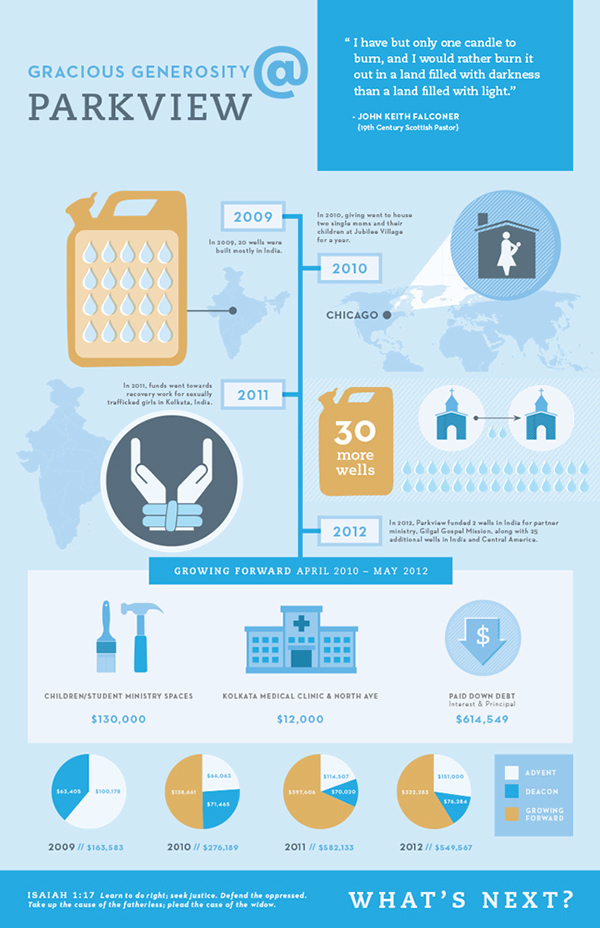The Historical History And Relevance Of Churches In Today's Culture

Material Written By-Roberts Sahl
You may consider churches as simply places for prayer, yet their role has evolved dramatically over time. https://www.wane.com/news/local-news/first-presbyterian-church-launches-love-bomb-campaign-for-black-history-month/ have actually changed right into area hubs, dealing with various social problems and cultivating connections among participants. As culture modifications, churches deal with distinct difficulties and must adapt to remain pertinent. What's driving this improvement, and exactly how do modern churches effect today's neighborhoods? Exploring these concerns exposes much concerning their enduring significance.
The Advancement of Churches Through Background
As culture has actually progressed, the role and structure of churches have actually changed substantially. You might notice that early churches largely acted as places of worship and area celebration, rooted deeply in custom.
With time, these institutions adapted to the changing demands of their churchgoers, commonly reflecting social shifts. For example, the Improvement stimulated a rise in varied denominations, each embracing one-of-a-kind beliefs and methods.
Today, lots of churches focus not simply on spirituality however also on social issues, engaging with modern challenges like hardship and inequality. This development demonstrates just how churches remain to be relevant, addressing contemporary worries while keeping their core objective.
Comprehending this trip aids you appreciate the lasting effect of churches in our lives.
The Role of Churches in Area Building
Churches play a crucial function in constructing strong neighborhoods by cultivating connections among individuals and family members. They give a welcoming area for individuals to collect, share experiences, and support one another.
By organizing https://notes.io/wQQPf like potlucks, workshops, and volunteer chances, churches encourage participation and cooperation amongst participants. You'll discover that these events commonly cause lasting relationships and networks of assistance.
Moreover, churches typically function as a hub for outreach, helping those in need via food drives, therapy, and different social work. They create a sense of belonging, reminding you that you belong to something larger.
When you involve with your neighborhood church, you're not just participating in services; you're actively contributing to a dynamic, interconnected area that flourishes on shared support and empathy.
Obstacles and Adjustments in Contemporary Culture
While community structure remains a cornerstone of church life, modern-day culture offers one-of-a-kind challenges that need adaptation. You have actually most likely discovered declining attendance and moving demographics, making it important for churches to rethink their methods.
Involving younger generations through modern technology and social media can help bridge the gap. Take into consideration organizing on-line solutions or community events that resonate with diverse interests.
Additionally, addressing social issues like psychological health and wellness and social justice can draw in those looking for support and purpose. You can produce inclusive settings that welcome every person, cultivating a feeling of belonging.
Verdict
Finally, churches have transformed from basic places of worship into essential area hubs that resolve today's social concerns. As you review their evolution, it's clear they play a critical role in fostering connections and supplying assistance. Despite difficulties, modern-day churches adjust by welcoming innovation and inclusivity, guaranteeing they continue to be pertinent. Their ongoing presence not just supports a feeling of belonging but likewise forms social worths, making them an important part of modern life.

